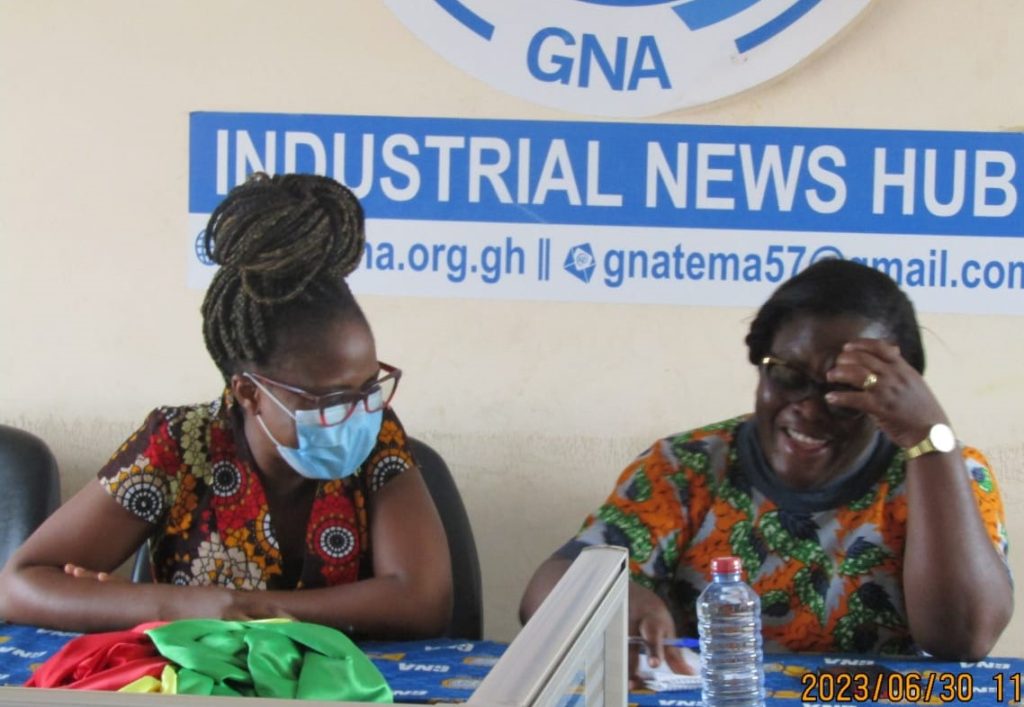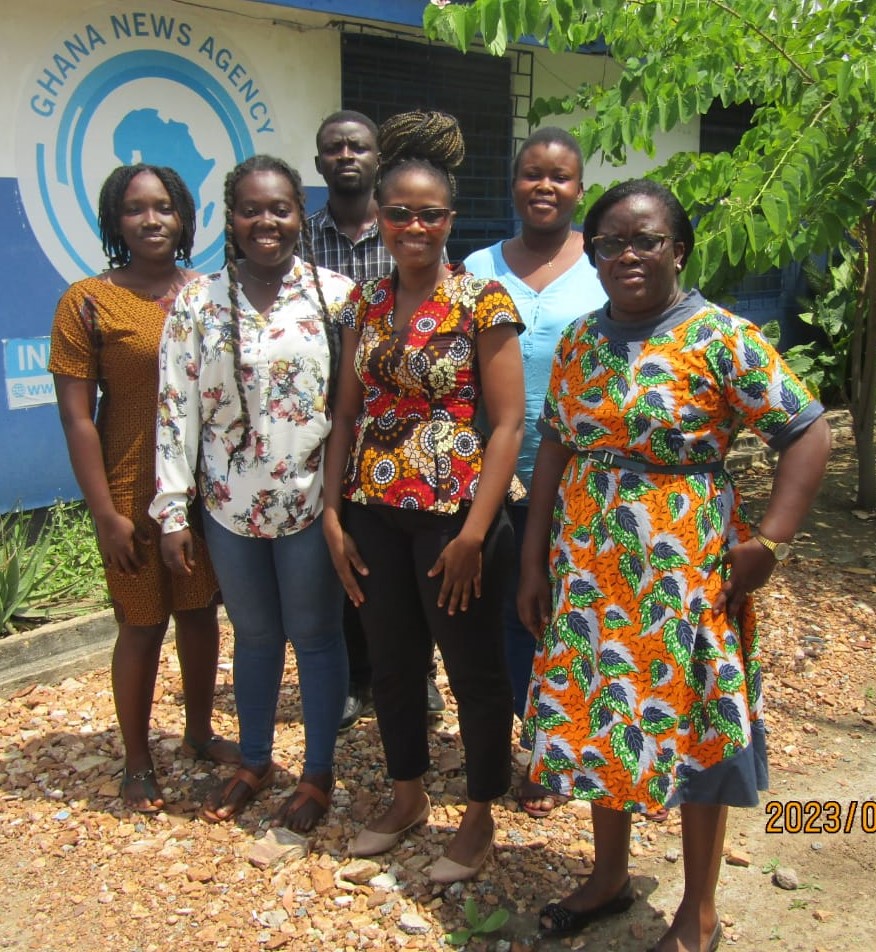By Laudia Sawer
Tema, July 1, GNA – Tooth loss is not a sign of ageing but rather a sign of poor oral hygiene, Ms Augustina Worlasi Seadzi, a Dental Surgery Technician at the International Maritime Hospital (IMaH) in Tema, has stated.

She explained that not taking good care of one’s teeth at a young age would lead to dental problems, including tooth loss, as one age.
Ms Seadzi, who was speaking on the topic: “Periodontal Diseases,” at the weekly health programme organised by the Ghana News Agency, said a gum disease was an infection of the tissues that held the teeth in place.
Hence the diseases were typically caused by poor brushing and flossing habits that allowed plaque (a sticky film of bacteria to build up on the teeth, harden, and cause swollen, red, and bleeding gums.
Ms Seadzi noted that periodontal diseases also caused infections and inflammations of the gums and the bones surrounding and supporting the teeth.
She challenged the status quo or the normal belief among Ghanaians associating ageing with tooth loss, saying this was medically untrue.

The IMaH Dental Surgery Technician stressed that “if you don’t take care of the teeth at the early stages of life, you may lose them in old age”.
She explained that the tooth is the only hardened substance in the human body as it does not decay, meaning it was supposed to remain in our mouth till we die.
She advised the public to care for their teeth well by brushing twice a day for at least two minutes, advising against the use of hard bristle toothbrushes, as they could harm the gum instead of making it clean.
Ms Seadzi also urged the public to visit the dentist for professional cleaning of the teeth at least once a year as a preventive measure to prevent bacteria from building up in the mouth, leading to gingivitis and subsequent loss of teeth if not treated.
The health programme, dubbed “Your Health! Our Collective Responsibility! aimed at promoting health-related communication and providing a platform for health information dissemination to influence personal health choices through improved health literacy.
GNA